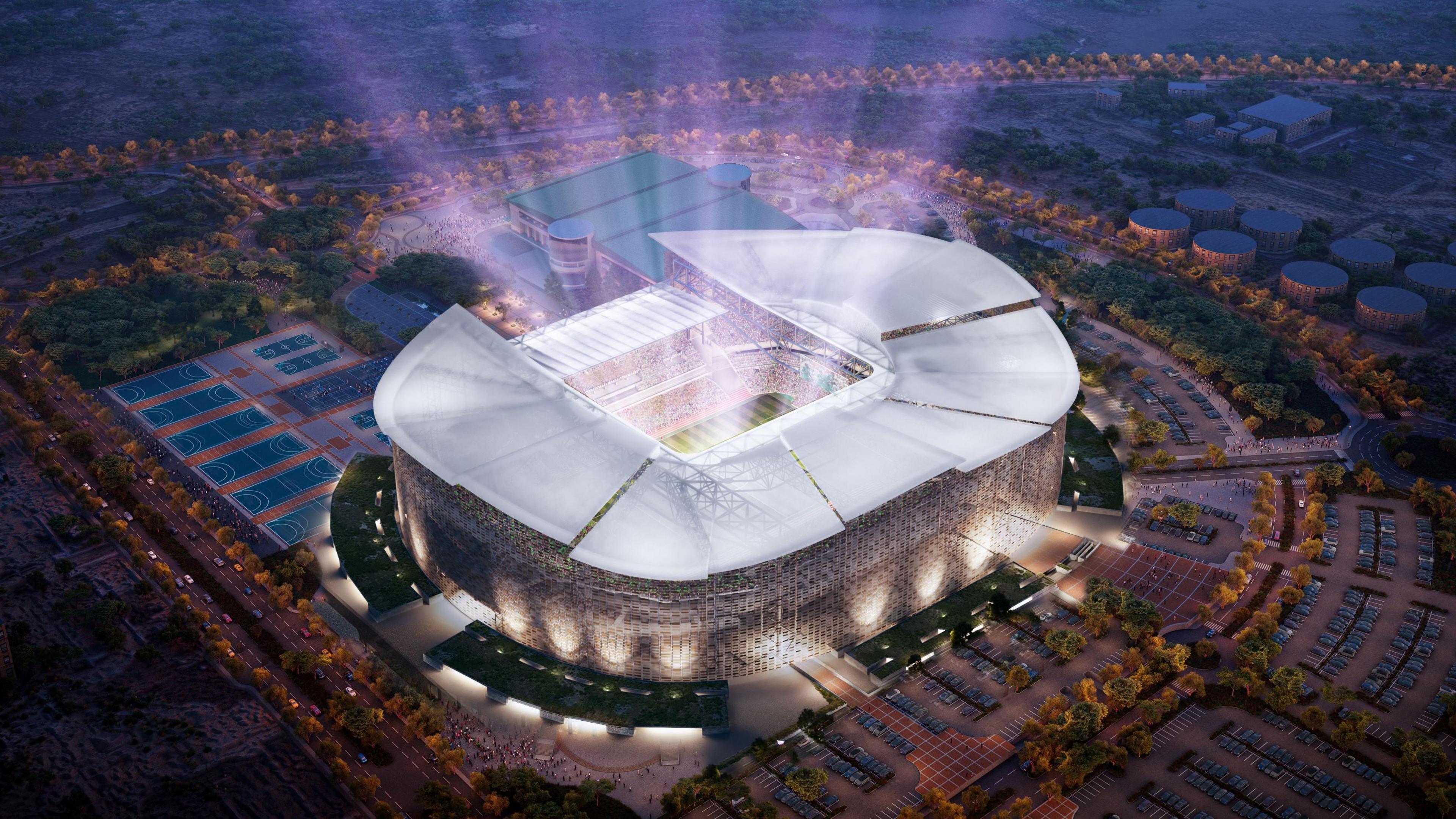Official confirmation of a Saudi World Cup will come at a 'virtual' meeting of Fifa's Congress on Wednesday afternoon.
But this has seemed like a formality for more than a year. In October 2023, it emerged the Saudi bid would be unopposed after Australia - the only other potential candidate - decided not to enter the running, hinting that it was futile to do so after being given less than a month by Fifa to mount a challenge.
Fifa has defended a fast-tracked process that many argue was lacking in transparency and accountability. But critics believe it effectively paved the way for the Saudis, by decreeing that the 2030 World Cup would be staged across three continents (Spain, Portugal and Morocco are co-hosts, with the first three matches in South America). That meant that under its rotation policy, only bids from Asia and Oceania were considered for 2034.
It is worth noting that Saudi Arabia and Fifa, under president Gianni Infantino, have developed a close relationship. The country hosted Fifa's 2023 Club World Cup, and the governing body has a lucrative sponsorship deal with Saudi state-owned oil giant Aramco.
There has also been widespread speculation that Saudi's Public Investment Fund (PIF) could make a major investment in streaming giant DAZN which has agreed to broadcast the inaugural edition of Infantino's pet project - an expanded Club World Cup next summer.
The sense of inevitability surrounding Saudi's bid was only reinforced last month with the late-night publication of Fifa's evaluation report, authored by Infantino's deputy, Secretary General Mattias Grafstrom. It awarded the bid an average score of 4.2 out of 5, the highest ever.
No media conference was held in order to explain such a glowing assessment, nor the fact that the bid was deemed 'medium risk' for human rights and 'low-risk' for environmental protection, sparking outrage from campaigners.
Furthermore, with ratification expected to be confirmed by acclamation at the Congress, rather than a traditional vote, the only way any dissenting national associations can express their opposition is to abstain from the round of applause.
While the precise protocol remains unclear, there are suggestions that associations are to be asked to simultaneously show their support for both the unopposed Spain, Portugal and Morocco 2030 bid and the Saudi 2034 bid (rather than having two separate acclamations).
Fifa meanwhile can argue that anointing hosts via uncontested bids is preferable to the past, when long races between various countries could be vulnerable to vote-swapping and attempted corruption, and that as a global body they have a duty to take their flagship event to new territories.
